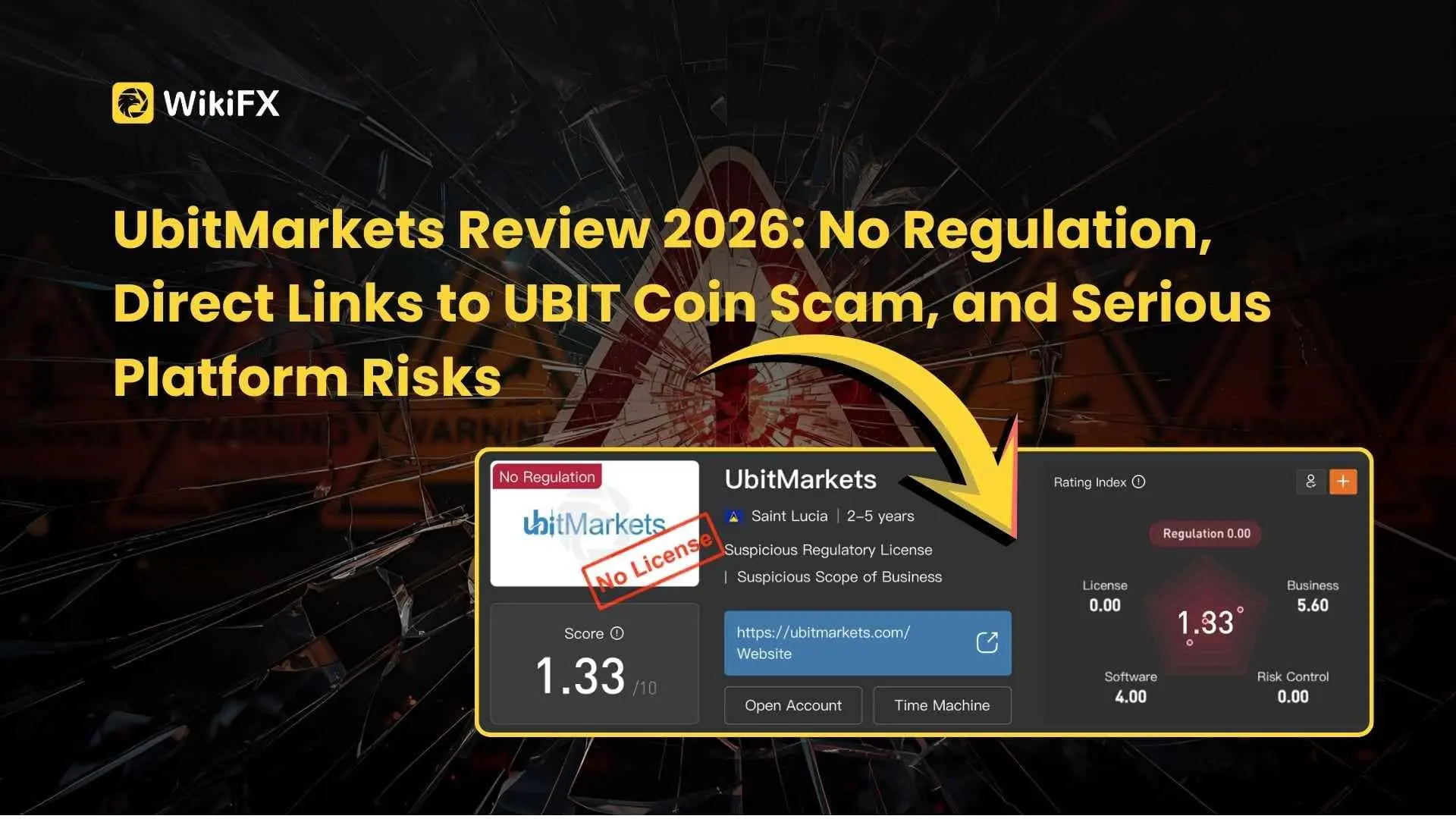If you haven't noticed yet, the crypto market is in free fall, but why?
Crypto has been falling rapidly the past few weeks with no indication of slowing down.
简体中文
繁體中文
English
Pусский
日本語
ภาษาไทย
Tiếng Việt
Bahasa Indonesia
Español
हिन्दी
Filippiiniläinen
Français
Deutsch
Português
Türkçe
한국어
العربية
Abstract:Fraud has long been a challenge across industries, leading to significant financial losses for businesses and individuals. With technological advancements, fraudulent activities have become increasingly complex. However, it is believed that blockchain technology offers a promising solution in the fight against fraud, providing enhanced security and transparency.

Fraud has long been a challenge across industries, leading to significant financial losses for businesses and individuals. With technological advancements, fraudulent activities have become increasingly complex. However, blockchain technology offers a promising solution in the fight against fraud, providing enhanced security and transparency.
Blockchain functions as a decentralised and immutable database that records transactions across multiple computers, called nodes. It uses cryptographic techniques to secure data and ensure its integrity. Transactions are grouped into blocks, which are then linked to form a chain, creating a tamper-proof record. This structure makes blockchain resistant to unauthorised changes, enhancing its reliability as a tool for fraud prevention.
The decentralised nature of blockchain removes the need for a central authority, reducing the risks of tampering or manipulation. Its records cannot be altered without consensus from the network, making it difficult for malicious actors to modify transaction data. This characteristic increases the systems overall security.
Additionally, blockchain promotes transparency by allowing all network participants to access transaction records. This openness ensures accountability and discourages fraudulent activities, as any unauthorised actions can be easily traced.

Blockchain technology has been applied in various fields to reduce fraud. In supply chain management, it has been used to track the movement of goods, ensuring transparency and preventing counterfeiting or unauthorised changes. In the financial sector, blockchain has provided secure and tamper-proof records, helping to combat identity theft, money laundering, and fraudulent payments.
Digital identity verification is another area where blockchain shows promise. By offering a decentralised and verifiable system, it reduces identity fraud and grants individuals greater control over their personal data.
Despite its potential, blockchain faces several challenges in fraud prevention. Scalability remains a key issue. As the number of transactions and participants grows, blockchain networks must adapt to handle increased activity efficiently. Ensuring that systems remain secure and cost-effective while processing large volumes of data is essential.
Interoperability is another hurdle. Integrating blockchain with existing systems requires collaboration and standardisation efforts to enable seamless communication between different networks. Additionally, the reliance on cryptographic keys for authentication presents vulnerabilities, as the loss or theft of private keys could result in irreversible asset losses.
The successful adoption of blockchain in fraud prevention relies on collaboration among governments, regulatory bodies, businesses, and technology providers. Establishing clear frameworks, standards, and best practices is crucial for addressing challenges like scalability, security, and interoperability.
Regulatory clarity is also vital to ensure compliance with laws while leveraging blockchains benefits. A cooperative approach can pave the way for wider acceptance and integration of blockchain-based fraud prevention solutions.
The future of blockchain in fraud prevention looks promising. Technological advancements, such as improved consensus mechanisms and privacy-enhancing tools, could address current limitations. Innovations in artificial intelligence and machine learning may further enhance fraud detection by analysing blockchain data for patterns and anomalies.
Blockchain has the potential to transform fraud prevention by improving security, transparency, and accountability. Addressing its challenges through collaboration and continued development will bring industries closer to a secure and trustworthy digital economy.

Disclaimer:
The views in this article only represent the author's personal views, and do not constitute investment advice on this platform. This platform does not guarantee the accuracy, completeness and timeliness of the information in the article, and will not be liable for any loss caused by the use of or reliance on the information in the article.

Crypto has been falling rapidly the past few weeks with no indication of slowing down.

JPMorgan CFO warns high-return stablecoins could endanger financial stability as global regulators move toward tighter digital asset rules.

UbitMarkets review reveals no valid license and direct links to a fraudulent project, raising serious concerns over investor fund safety.

Is withdrawing capital from PaxForex too difficult for traders? Has the China-based forex broker made you trade gold, silver and cryptocurrencies despite not having an office in the United States? Do you find its operational style suspicious? You are not alone! Several traders have expressed these concerns when trading with the broker. In this PaxForex review article, we have exposed the broker through user comments made on several review platforms. Take a look!
